Internet and information communication
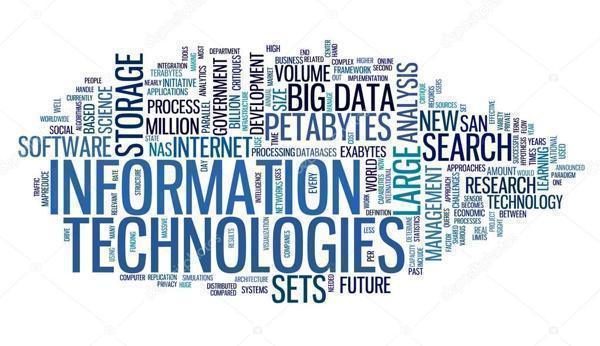
The Internet and information communication is a global network system that provides an electronic network for the exchange and communication of information around the world. It is popularized through network, multiple device, priority, and protocol (operational protocols) structures. The main functions of the Internet are communication, information exchange, data exchange and continuous data exchange.
The Internet is the world's largest information network and serves as the backbone of today's computer networks. The structure of the Internet is the protocols used by the user to exchange information on a network system consisting of several devices (servers, routers, computers, etc.).
To connect to the Internet, exchange data with a browser program that allows learning, making changes and sending messages via e-mail, changeable data exchange protocols (HTTP) and the most powerful, for implementation (SSL / TLS) practices can be used. With this system, users around the world can interact with each other, share information, access and view databases, share multimedia information, apply scientific information, in particular they can use the internet to use e-commerce, services and social network services.
The Internet and information communication play a very important role in our lives. They have affected every aspect of our lives and have shown their importance in many ways. More insights into the role of the internet and information communication can be found in many of the following areas:
Getting Information and Learning: The Internet is filled with information from around the world and is the largest resource for users. We use the internet for studying, taking classes, improving skills, searching for information and many other purposes.
Communication and Connection: The Internet allows people to connect with each other quickly and easily around the world. We maintain our communications using e-mail, social networks, chat services, video conferencing and other means of communication.
Social Networking: Social networking is the largest form of experience on the internet. In them, people, groups, and companies share their thoughts, messages, pictures, and videos. This increases the opportunities for collaboration, exchange of ideas and meeting new friends.
Trade and Services: The Internet has brought great changes in trade and services. Online shopping, e-banking services, online education, telemedicine and other online services give freedom to users easily through the Internet.
Data sharing: The Internet has made it possible to share data through computers, smartphones, tablets and other devices. This makes information sharing the most powerful and has been the main purpose of the global network.
Security: Internet security, data protection, privacy and other security issues should be considered. Internet users protect their data by using such security protocols (such as SSL / TLS).
Creation and Innovation: The Internet encourages innovation and creation. Start-up companies, online platforms, scientific research and other fields are easily established and developed with the help of the Internet.
These are just a few examples of the most important areas in which the Internet and information communication have taken their place in our lives. Today, people make connections, increase knowledge, work and life more easily around the world through the extensive use of the Internet and information communication.

|
Khasanov Sardorbek |
| Dean, Professor |

|
Heungtaek Kim |
| Professor |

|
Dusmatov Mirodiljon |
| Professor |

|
Song Jeong Young |
| Professor |

|
Yuldashev Dilmurod |
| TA |

|
Akramov Umidjon |
| Tutor |

|
Metinov Obbozjon |
| Tutor |


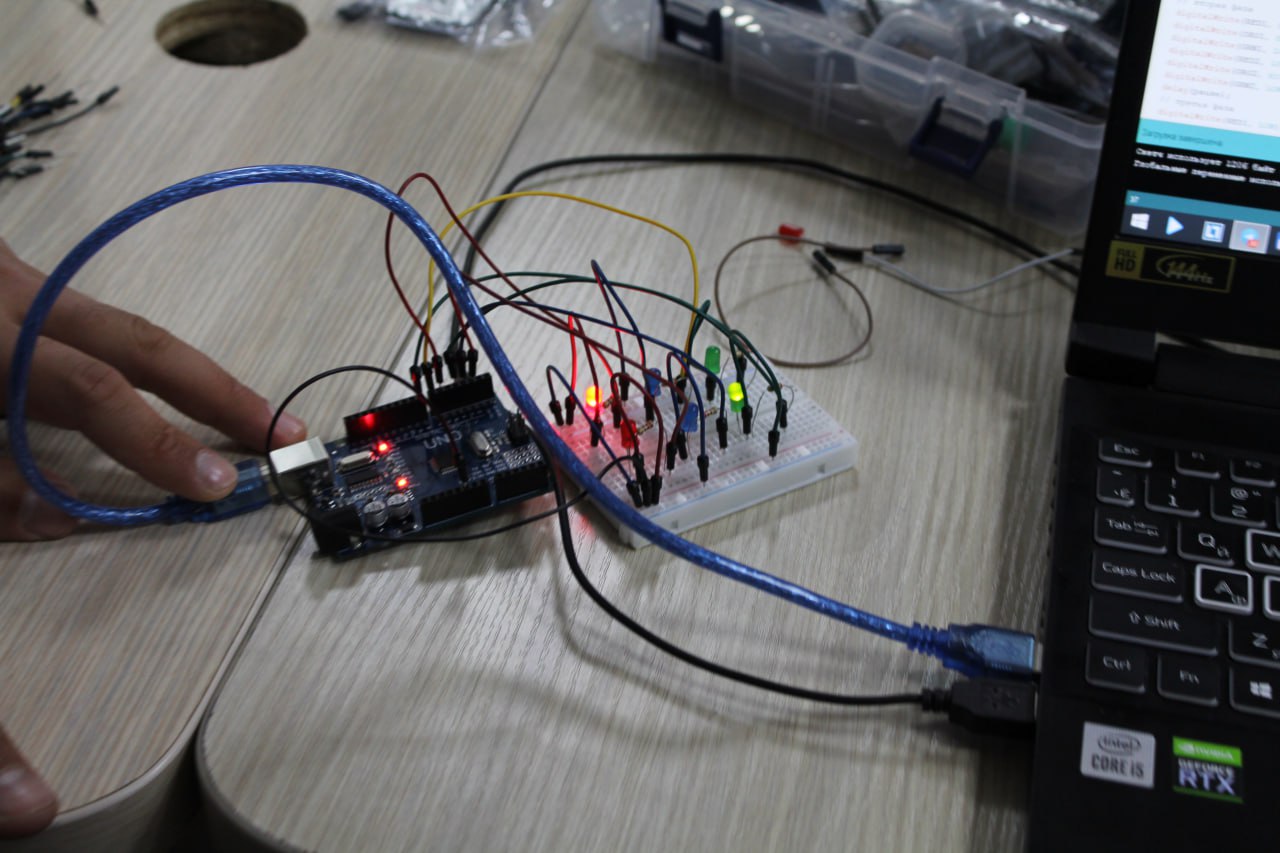

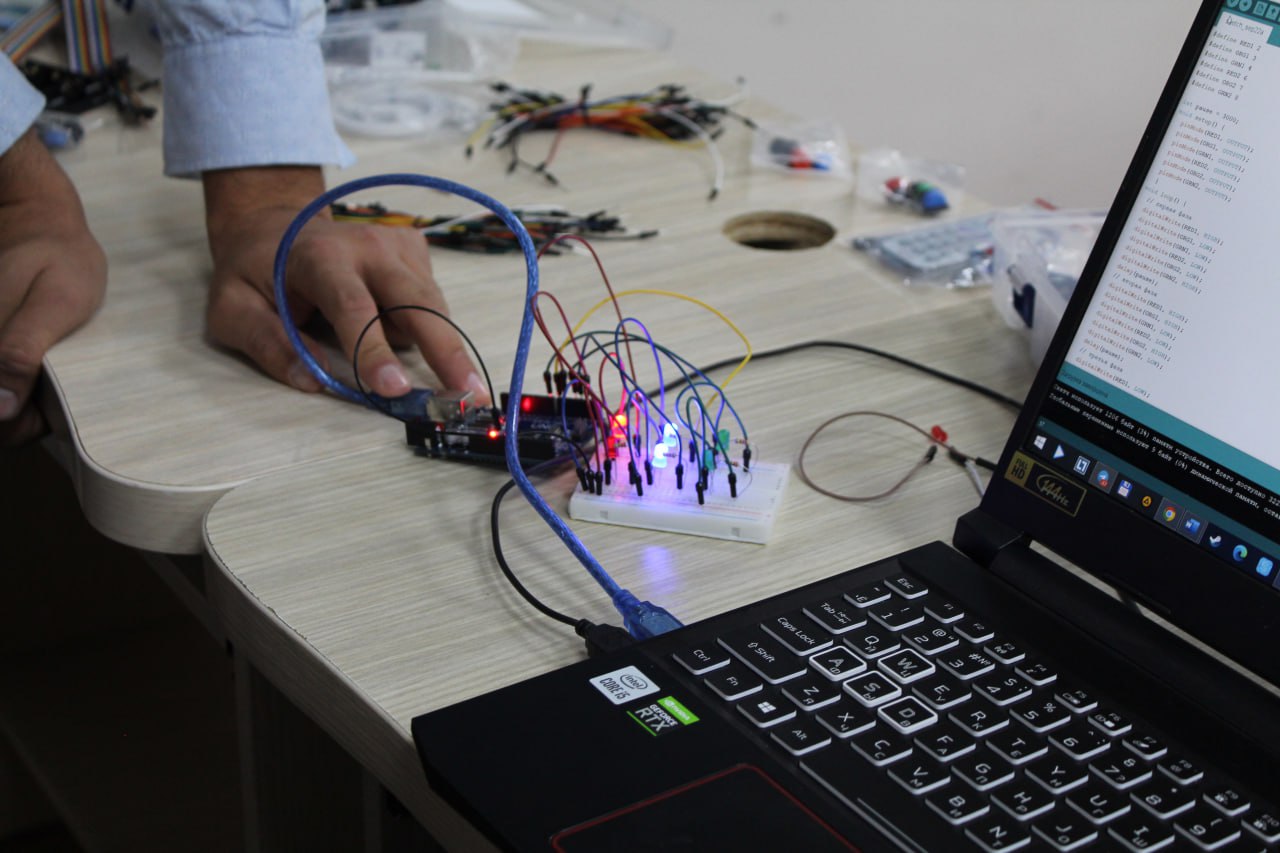
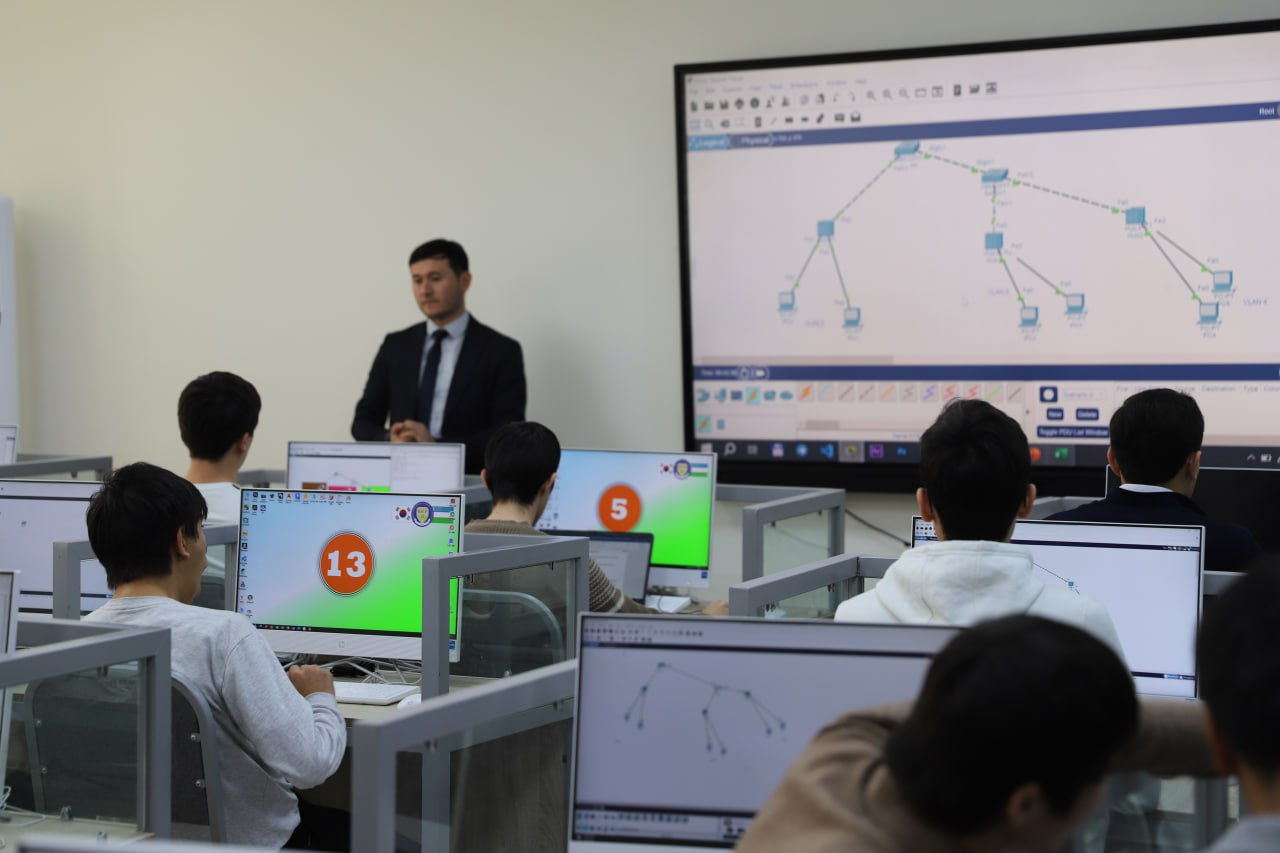
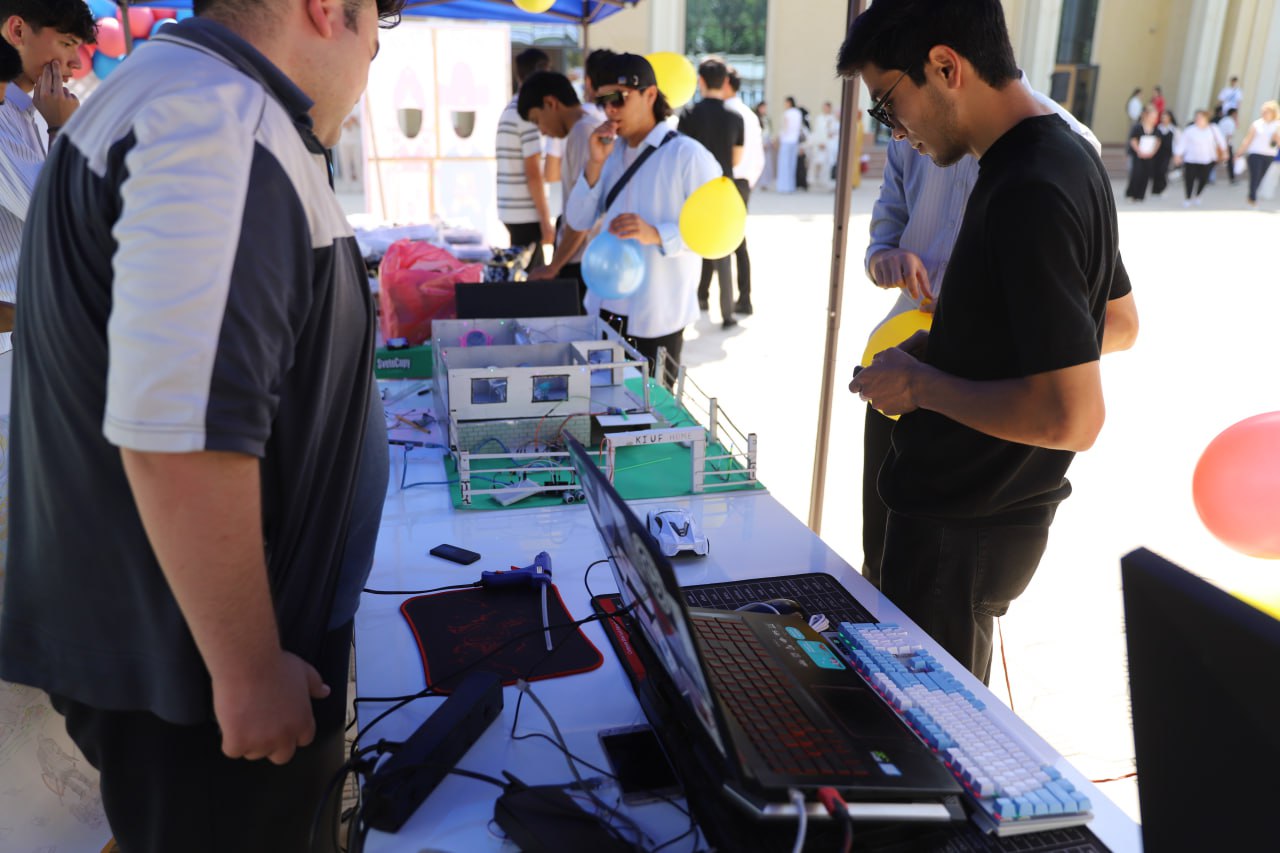



 oʻzbek tili
oʻzbek tili
 한국어
한국어
 English
English
 Русский
Русский